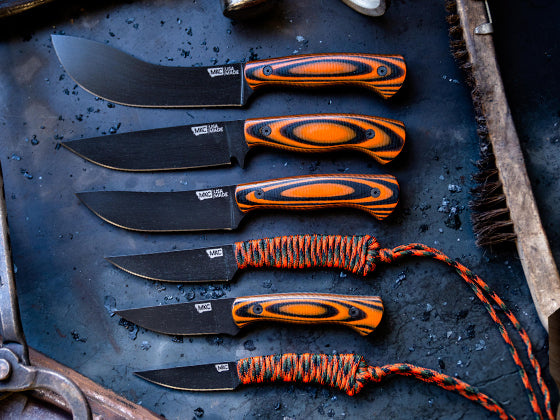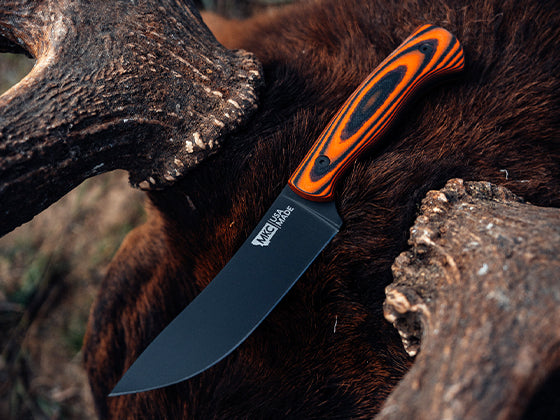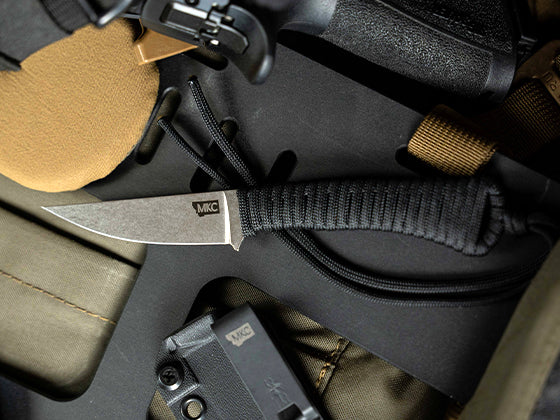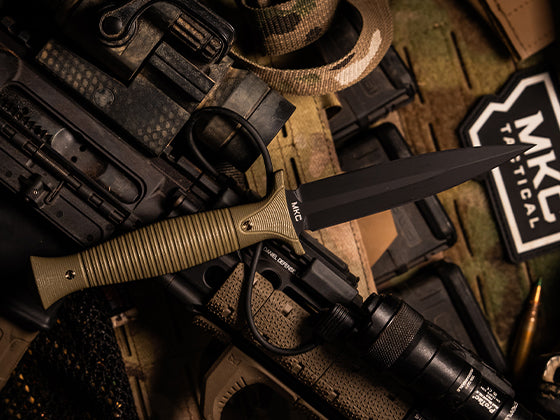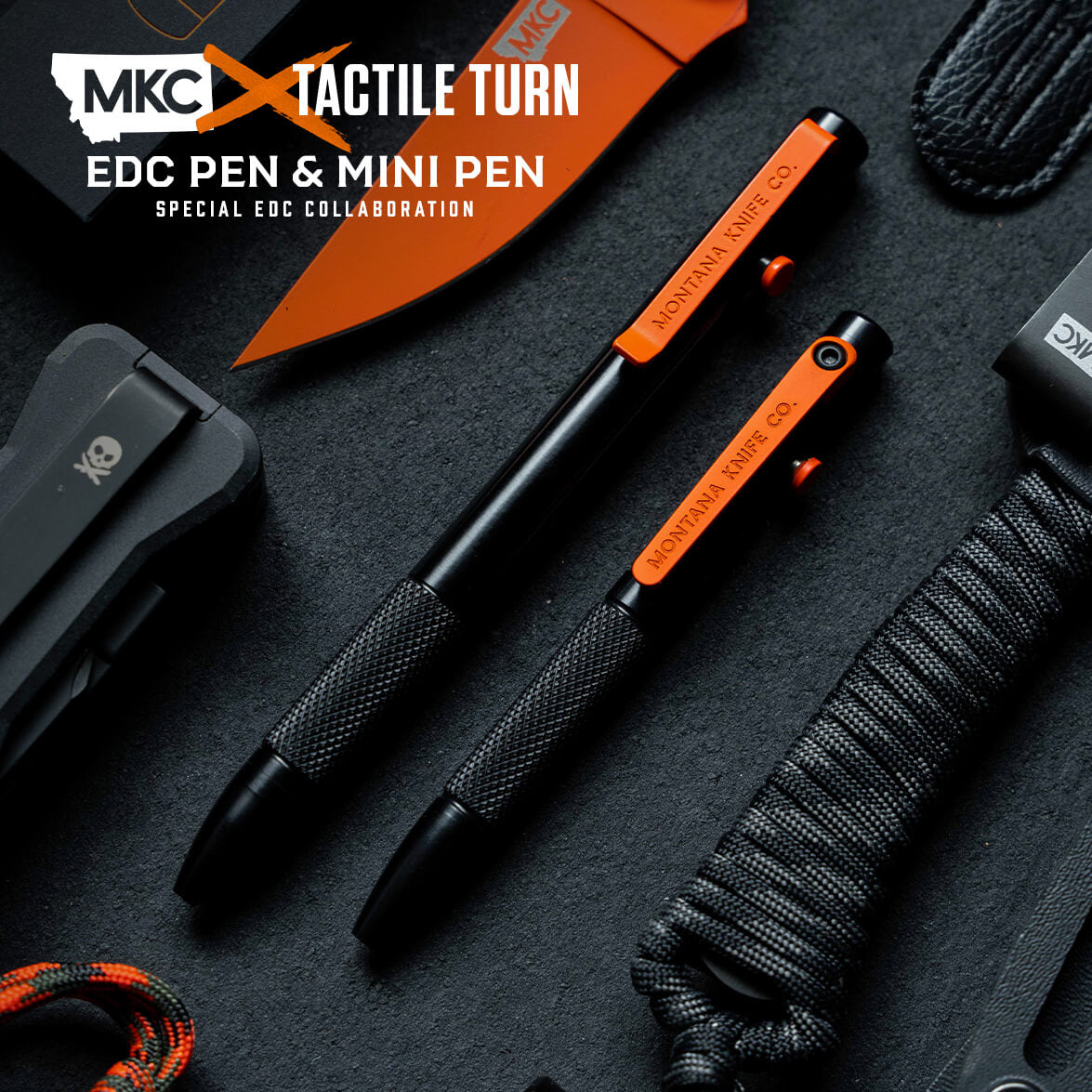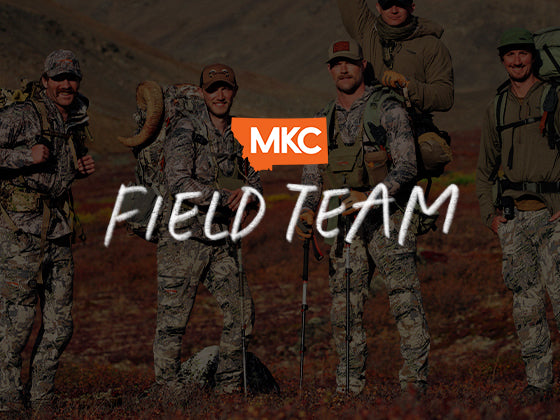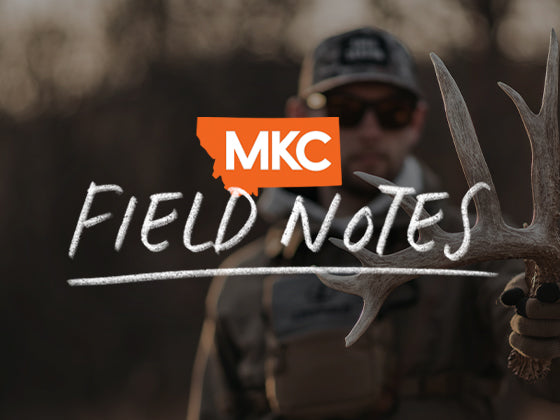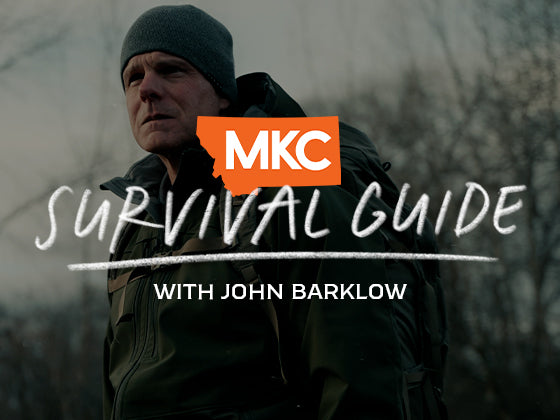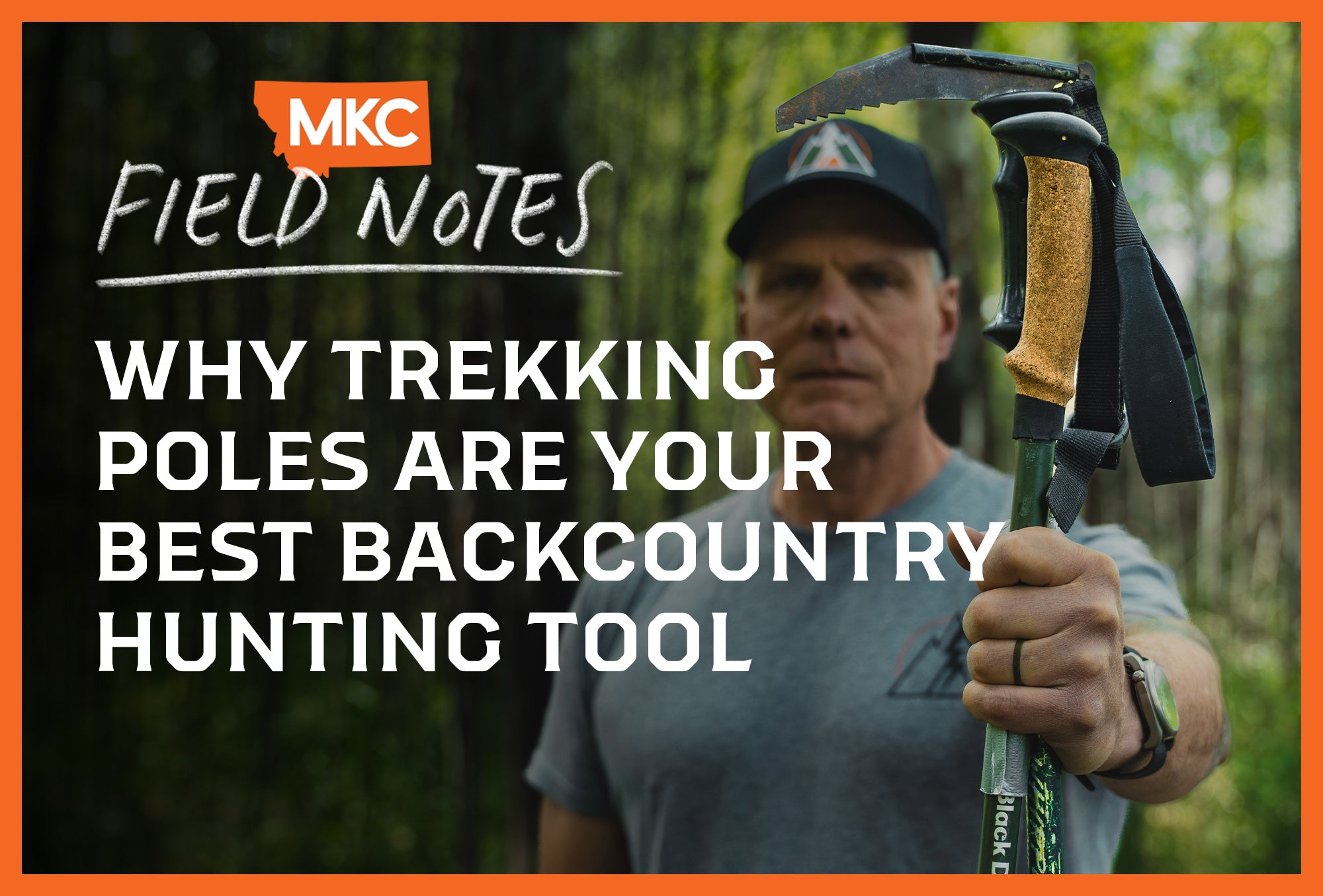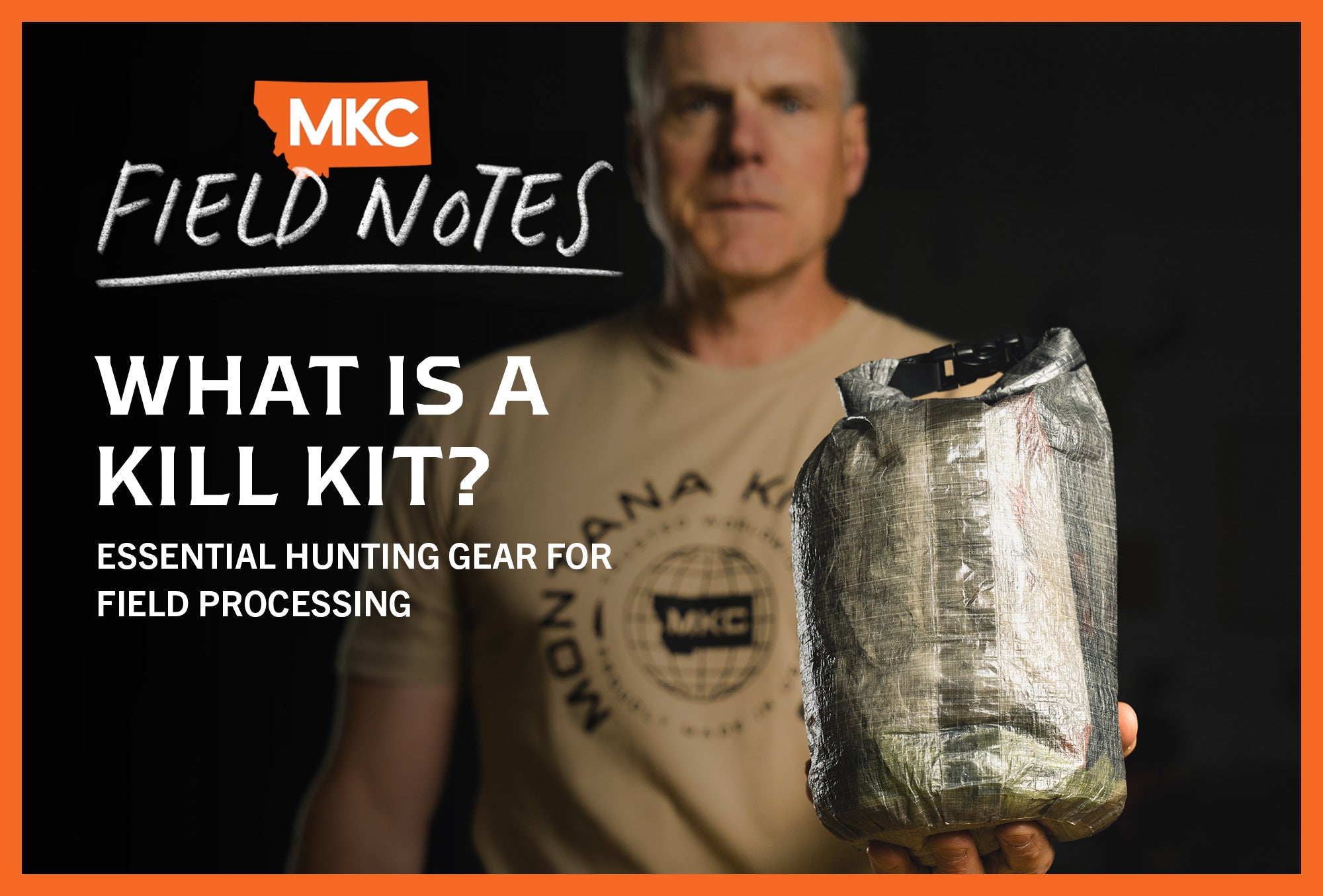You’ve gotten within range of a mature bull. He’s bedded in thick timber and won’t move until last light.
Four hours later, without water, proper clothing, or protection from incoming weather, you’re forced to back out. That bull walks away because you couldn’t wait him out.
That’s when a stalking pack for backcountry hunting becomes your most valuable piece of equipment.
What Is a Stalking Pack for Hunting?
A stalking pack for hunting is a kit separate from your possibles pouch that keeps you on a stalk when conditions deteriorate. It’s not your main pack; it’s a lightweight system you grab when you drop your main pack to pursue an animal.
The stalking pack serves two purposes:
- Daily organization within your main pack for frequently accessed items
- Grab-and-go system when you need to leave your main pack and pursue an animal
I keep my stalking pack right under my main pack’s top lid. Throughout the day, I work in and out of it, grabbing water, food, and my beanie when I need it.
When I drop my main pack to begin a stalk, all my gear is already organized and ready to go.
Stalking Pack for Hunting Contents for Every Season
Your stalking pack for hunting needs to adapt to seasonal conditions while maintaining its lightweight profile.
Here’s what works for different hunting seasons:
Early Season Stalking Pack Setup
During hot early-season hunts, heat and afternoon thunderstorms are your principal concerns. Your stalking pack should include:
- Lightweight rain jacket for sudden thunderstorms
- Water with a drink mix or energy chews
- Moccasins for silent stalking
- Possibles pouch (always)
A lightweight rain jacket is particularly important. The afternoon thunderstorms that roll through mountain country come fast. Without rain protection in your stalking pack, you’ll get soaked and potentially hypothermic, forcing you off that bedded buck.
Late Season Stalking Pack for Backcountry Hunting
When temperatures drop and snow starts falling, your stalking pack needs to keep you warm and protect you from bad weather:
- Beanie and gloves
- Puffy jacket
- Rain/snow protection
- Water (dehydration happens fast in cold, dry conditions)
- Moccasins for quiet movement
- Possibles pouch
Late in the season, you fight snow, wind, and dropping temperatures. Without proper insulation in your stalking pack for backcountry hunting, you risk hypothermia. That forces you to make bad shots or back out entirely.
Spring Bear Hunting Considerations
Spring bear season brings its own challenges: bugs and rain. Your stalking pack needs:
- High-quality rain gear
- Bug protection
- Water and snacks
- Moccasins
- Possibles pouch
Spring weather changes fast in bear country. One minute you’re sweating in sunshine, the next you’re getting hammered by cold rain. Your stalking pack keeps you adaptable.

Advanced Stalking Pack for Hunting Strategies
Some hunters take their stalking pack setup further based on specific hunting situations. If you know you’ll be setting up within sight of a bedded animal for extended periods, consider adding:
- Lightweight tarp for weather protection
- Compact ground pad for comfort during long waits
- Extra water and calories for all-day sits
Keep these principles in mind when building your stalking pack:
- Maintain minimal weight (every ounce matters on long stalks)
- Choose quiet materials that won’t startle game
- Keep your signature small to avoid detection
- Pack multipurpose items
Waterproofing Your Stalking Pack for Backcountry Hunting
I prefer waterproof stalking packs, though they’re harder to find nowadays. A waterproof pack protects your contents without adding weight or bulk.
If you can’t find a waterproof stalking pack for hunting, protect your items individually instead:
- Use lightweight dry bags for your puffy jacket
- Waterproof your moccasins separately
- Keep your possibles pouch in its own dry bag
This modular approach lets you grab exactly what you need while protecting all your gear from moisture.
The Survival Aspect of Your Stalking Pack
Your stalking pack for backcountry hunting also prepares you for emergencies. If you can’t find your main pack in the dark or you can’t make it back to camp, your stalking pack contains enough gear to ride out the night safely.
Without your main pack, you still have your possibles pouch and survival items to make it through until you can either return to camp or retrieve your main pack in the morning.
Building Your Personal Stalking Pack for Hunting System
Start building your stalking pack for hunting by identifying your most-used items throughout a hunting day. These become your core stalking pack contents. Add seasonal items based on conditions, but resist the urge to overpack.
Test your system during preseason scouting trips. Drop your main pack and spend an entire afternoon with just your stalking pack. You’ll quickly identify missing items or unnecessary weight.
Find the balance between being prepared and staying lightweight. Every item needs to earn its place through actual field use.

Make Your Stalking Pack for Backcountry Hunting Part of Your System
A properly equipped stalking pack for backcountry hunting changes how you hunt. You’ll stay on animals longer, push through weather that sends other hunters back to camp, and feel confident dropping your main pack to pursue that trophy animal.
Stop rushing shots because you’re cold, wet, or thirsty. Stop backing out because afternoon weather moved in. Your stalking pack gives you control over your hunting destiny.
by John Barklow, a Special Operations Survival Instructor and consultant who has spent decades teaching military personnel and civilians survival techniques in extreme environments.























